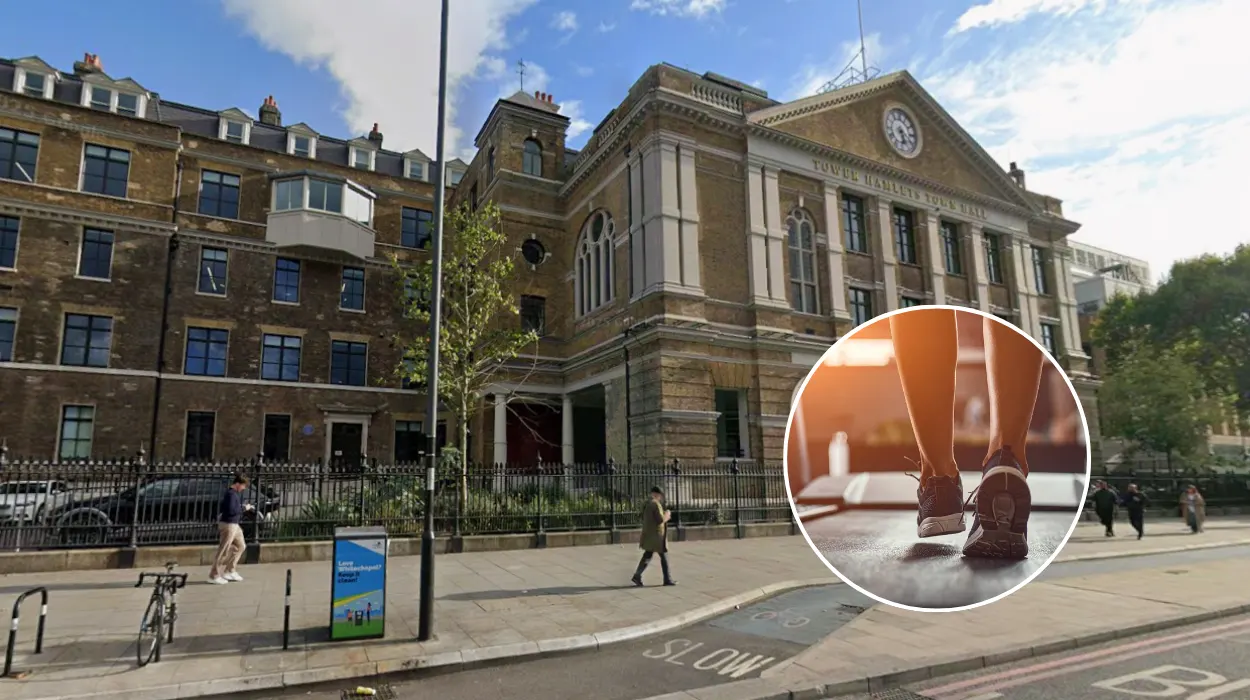Key Points
- An east London council, Tower Hamlets, is considering extending opening hours at Whitechapel Sports Centre and Mile End Park Leisure Centre until 2am to generate additional income.
- The extension targets rising demand from shift workers and younger adults, allowing late-night badminton bookings, sports hall usage, and greater access to fitness studios.
- Proposals form part of the council’s draft budget for the 2026-27 financial year, starting in April 2026.
- Current hours: Whitechapel Sports Centre opens 7am-10pm weekdays, 8am-4pm weekends/bank holidays; Mile End Park Leisure Centre 6am-10pm weekdays, 8am-6pm weekends, 9am-9pm bank holidays.
- Proposed new hours: Both centres open until 2am daily except Sundays.
- Financial projections: Extra costs of £250,000, but £300,000 new income in 2026-27; rising to £100,000 net in 2027-28 and £120,000 in 2028-29.
- To achieve targets, leisure centre membership must increase by 600 people; additional £25,000 from badminton and sports hall bookings.
- Cabinet committee endorsed draft budget last week; full council vote scheduled for 25 February 2026.towerhamlets.
- Privately-operated 24-hour gyms are common in London, unlike council-run facilities with fixed hours.
- Union Unite claims staff employed by Tower Hamlets Council were pressured to work ‘dangerous’ hours, raising concerns over the proposals.
Tower Hamlets, East London (Tower Hamlets Council) – 13 January 2026 – Tower Hamlets Council is exploring plans to keep its Whitechapel Sports Centre and Mile End Park Leisure Centre open until 2am, aiming to capitalise on demand from shift workers and younger adults while boosting revenue amid budget pressures.
- Key Points
- Why is Tower Hamlets Council proposing late-night openings?
- What are the projected financial benefits?
- What is the current status of the budget approval?
- Who supports or opposes the midnight gym plans?
- How do these plans fit into broader council leisure services?
- What challenges must the council overcome?
- Could late-night access transform local fitness habits?
Why is Tower Hamlets Council proposing late-night openings?
The initiative addresses “rising demand from shift workers and younger adults”, as stated by the council in its draft budget documents. Extending hours would enable badminton and other late-night bookings in the sports halls, alongside increased access to fitness studios. As reported by BBC News, this contrasts with the proliferation of privately-operated 24-hour gyms across London, where council facilities traditionally stick to daytime schedules.
Current operating times at Whitechapel Sports Centre run from 7am to 10pm on weekdays and 8am to 4pm on weekends and bank holidays. Mile End Park Leisure Centre follows a similar pattern: 6am to 10pm weekdays, 8am to 6pm weekends, and 9am to 9pm on bank holidays. Under the proposals, both sites would extend to 2am every day except Sundays, potentially transforming access for night owls in the borough.
Tower Hamlets Council manages seven Be Well leisure centres in-house, including these two, offering memberships and activities like those at John Orwell Sports Centre, Poplar Baths, St George’s, Tiller, and York Hall. The council’s Sports and Physical Activity Team supports diverse groups, but late-night options remain limited.
What are the projected financial benefits?
Implementing the extended hours would cost the council an extra £250,000 in the 2026-27 financial year, but generate £300,000 in new income, yielding a net gain. Projections indicate this could rise to £100,000 net income in 2027-28 and £120,000 the following year. However, success hinges on leisure centre membership growing by 600 people, with an additional £25,000 raised through badminton and sports hall bookings.
These figures feature in the draft budget plans for 2026-27, which commence in April 2026. Tower Hamlets Council is consulting residents, businesses, and community organisations on the budget via its online platform. The proposals aim to offset fiscal challenges in a borough known for urban development and community services.talk.
What is the current status of the budget approval?
Councillors on a cabinet committee endorsed the draft budget proposals at a meeting last week. The final budget awaits a vote by the full council on 25 February 2026 at 7pm. Related discussions appeared in the Overview & Scrutiny Committee meeting on 12 January 2026, covering budget appendices like HRA Rent Setting Policy and Growth and Savings Summary.towerhamlets.
As per the council’s modern.gov agenda, the 25 February meeting will address key financial strategies, including flexible use of capital receipts. No final decisions on the leisure hours have been confirmed pending this vote.towerhamlets.
Who supports or opposes the midnight gym plans?
Tower Hamlets Council positions the change as a response to user needs, with potential for revenue that supports public services. Facilities like Whitechapel and Mile End already host popular activities, and late openings could mirror private sector trends.
Concerns have emerged from Union Unite, which claims leisure centre staff employed by Tower Hamlets Council faced pressure to work ‘dangerous’ hours. As reported on social media by The Slice Tower Hamlets, this highlights potential safety issues for overnight shifts. No direct quotes from council officials countering these claims appear in available reports, though the proposals emphasise demand-driven expansion.
How do these plans fit into broader council leisure services?
Tower Hamlets boasts seven leisure centres under Be Well management, each with tailored offerings. Whitechapel Sports Centre on Durward Street (E1 5BA) and Mile End Park Leisure Centre are key sites, contactable at 020 7364 5100. Others include York Hall in Bethnal Green and Tiller on the Isle of Dogs.
The council promotes sports for older people, women, girls, and disabled residents via its team. Idea Stores complement this with classes in Pilates, yoga, mindfulness, and Reiki. Extending hours at select centres could enhance inclusivity for shift-based communities in diverse East London.
What challenges must the council overcome?
Achieving the membership increase of 600 and booking revenue requires marketing and uptake, amid competition from 24-hour private gyms. Staffing late shifts raises safety flags, as flagged by Union Unite. Costs must not strain the budget before projected returns materialise.
Neighbouring areas like Hackney explore night-time economy strategies, including provisions for workers and extended services, suggesting regional trends. Tower Hamlets’ consultation invites input to refine plans.hackney.
Could late-night access transform local fitness habits?
Younger adults and shift workers stand to benefit most, gaining hall bookings and studio time post-midnight. This aligns with London’s 24-hour culture in private gyms, potentially drawing non-traditional users to council facilities. Success could inspire similar moves borough-wide.
Resident feedback via talk.towerhamlets.gov.uk shapes the 2026-27 budget, ensuring community voice. As East London evolves, such adaptations balance income needs with public health goals.



